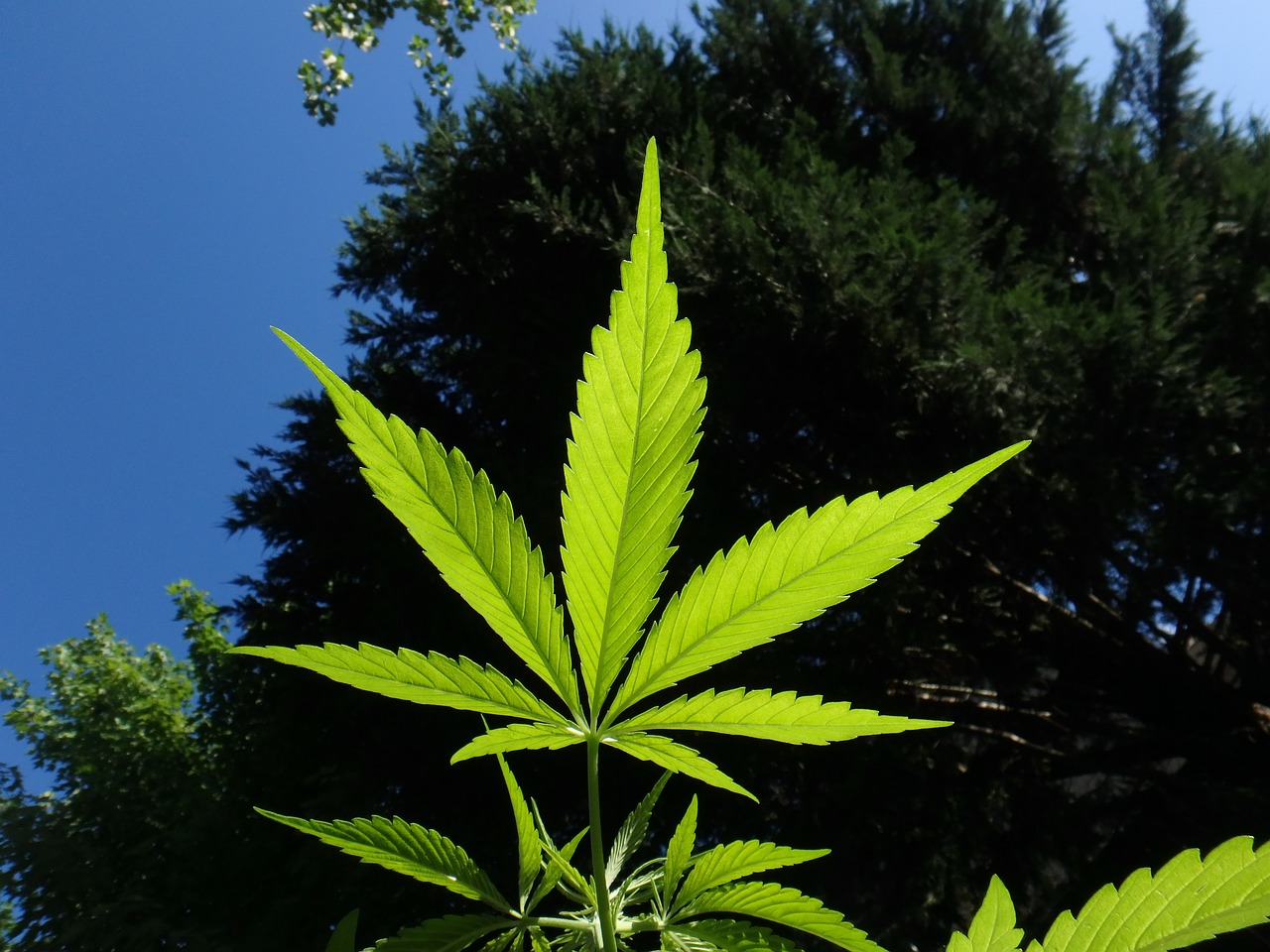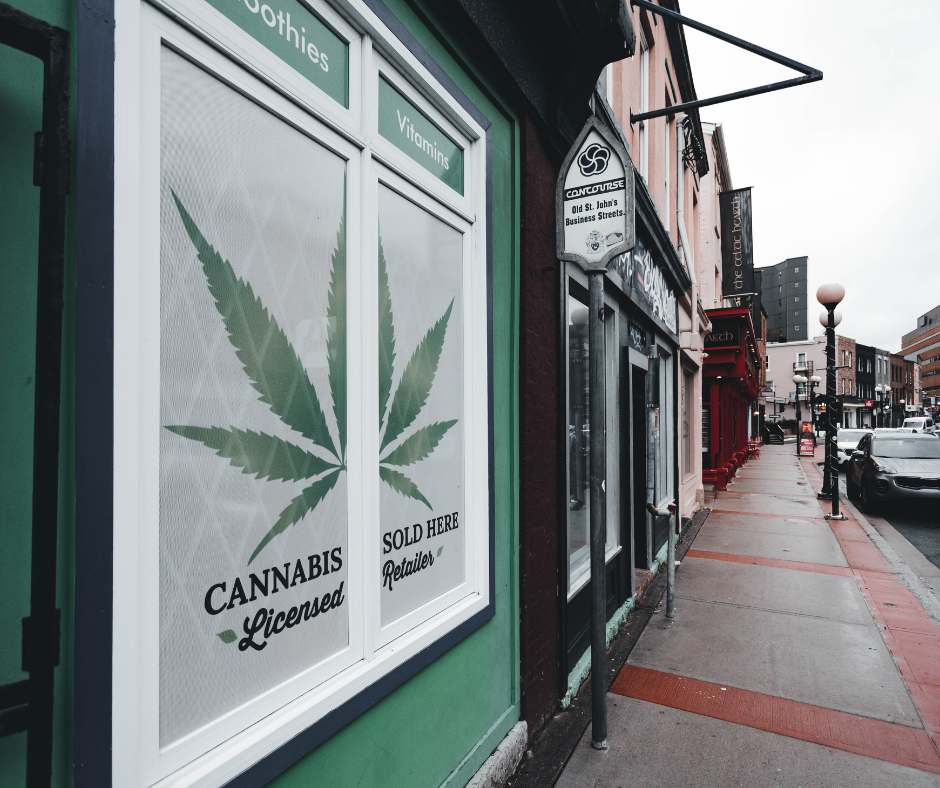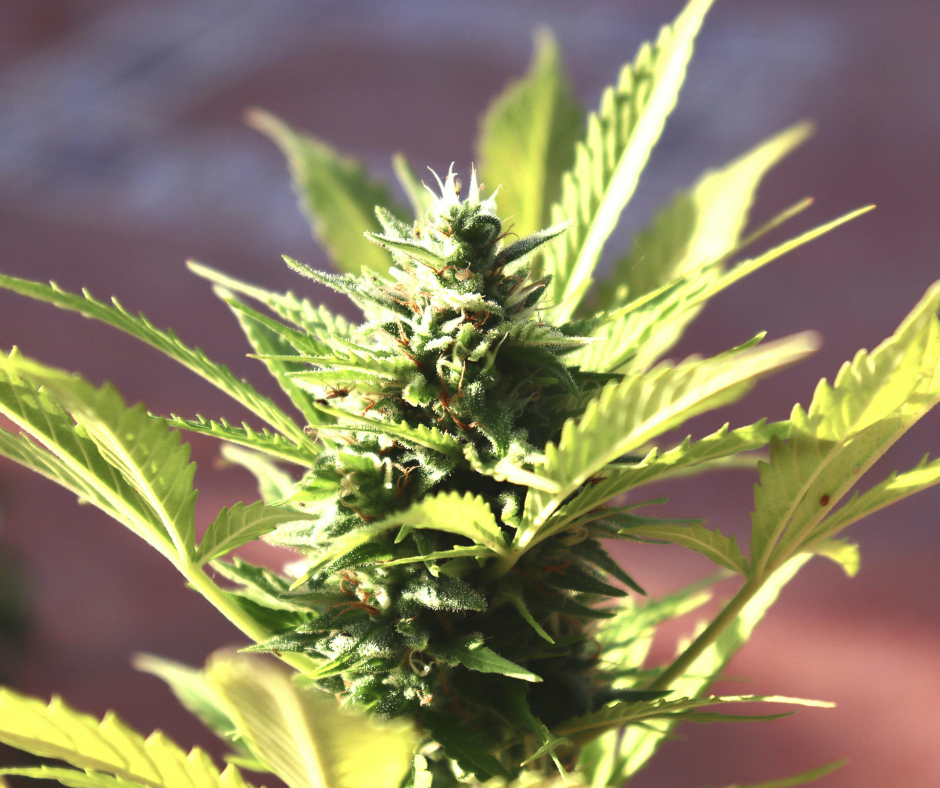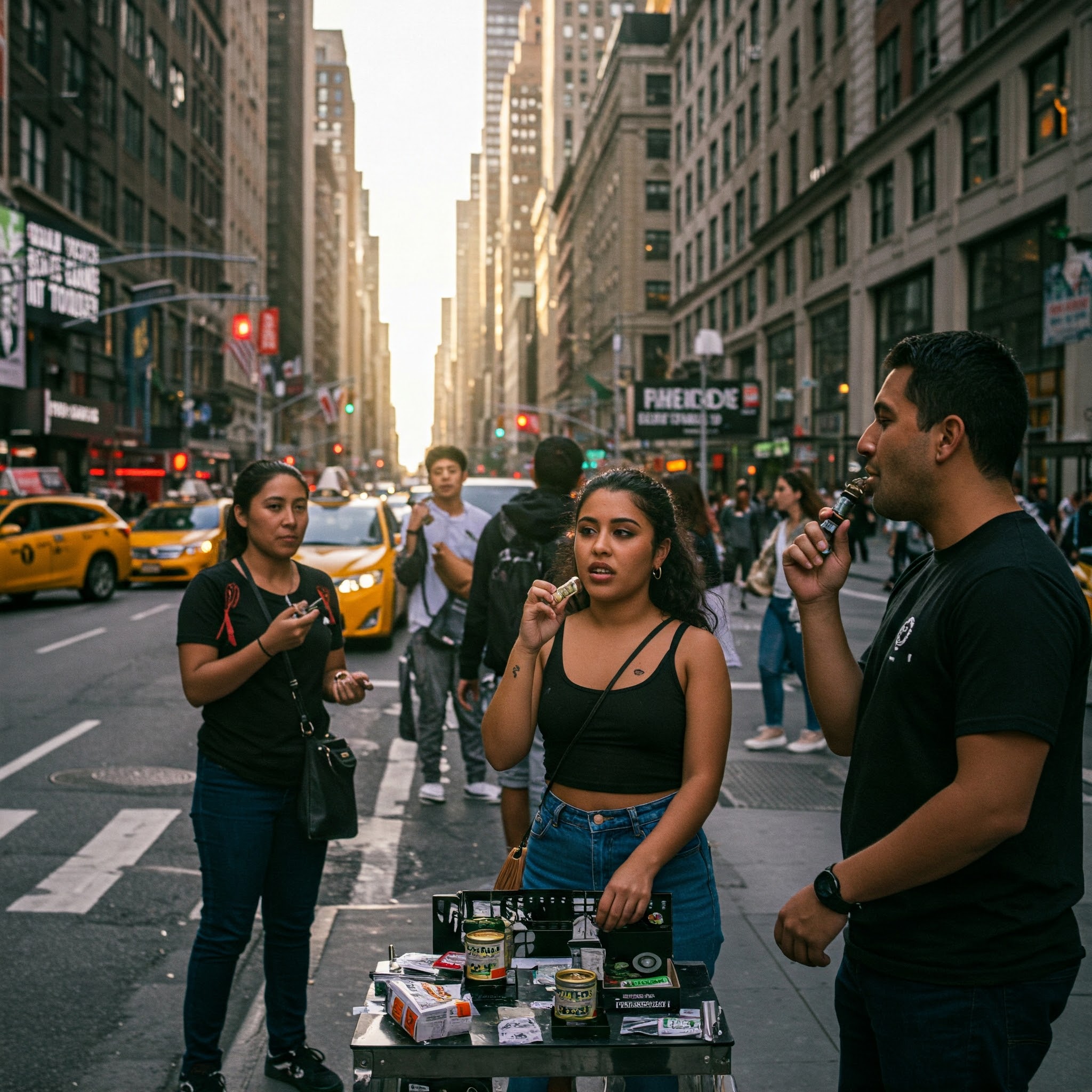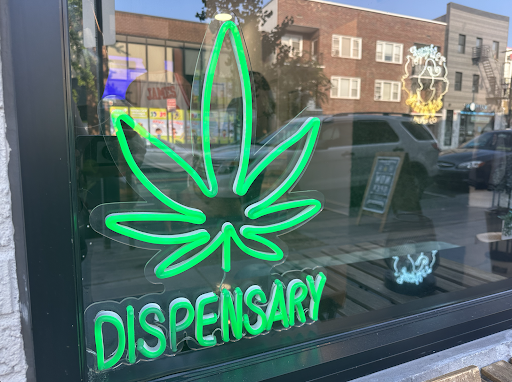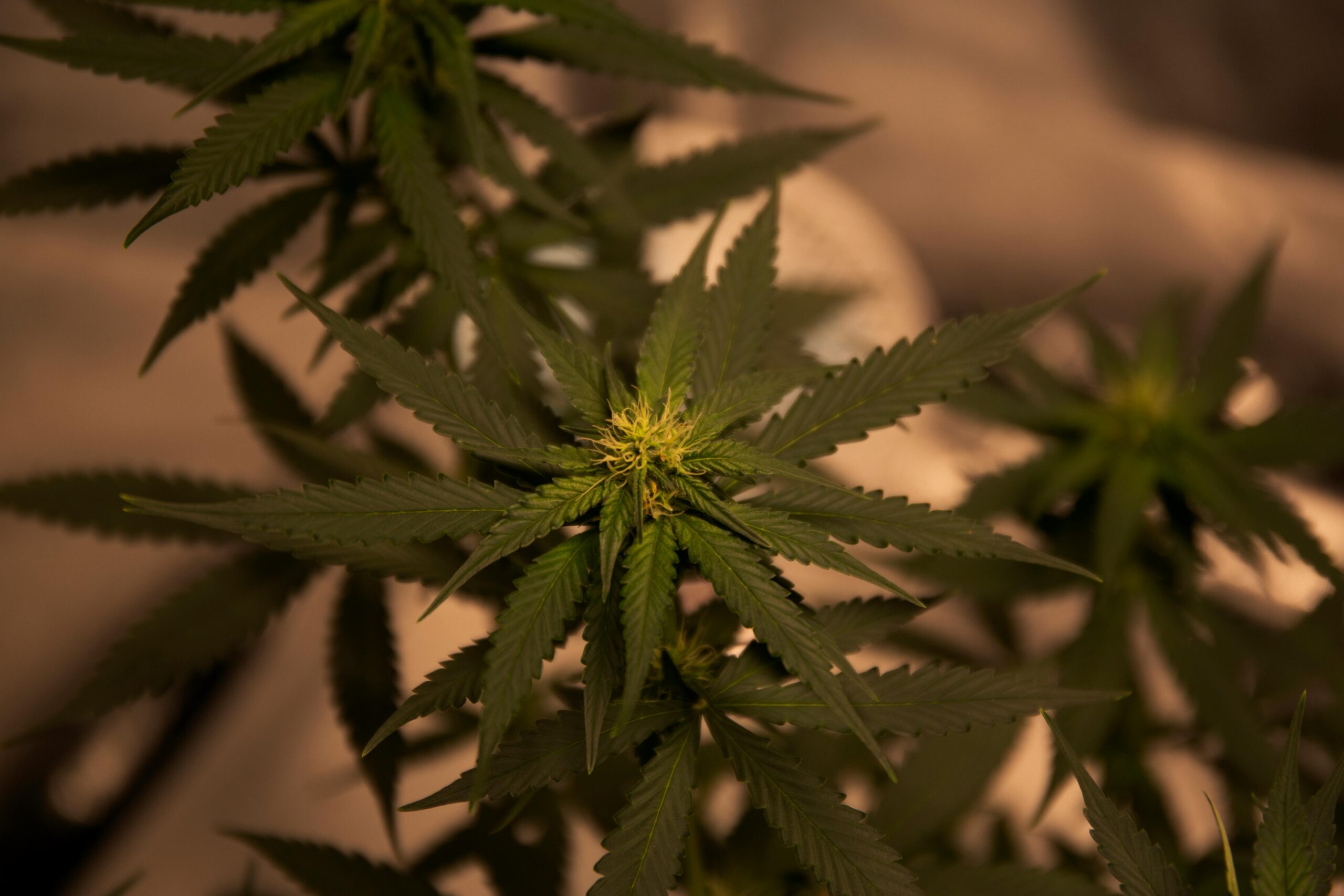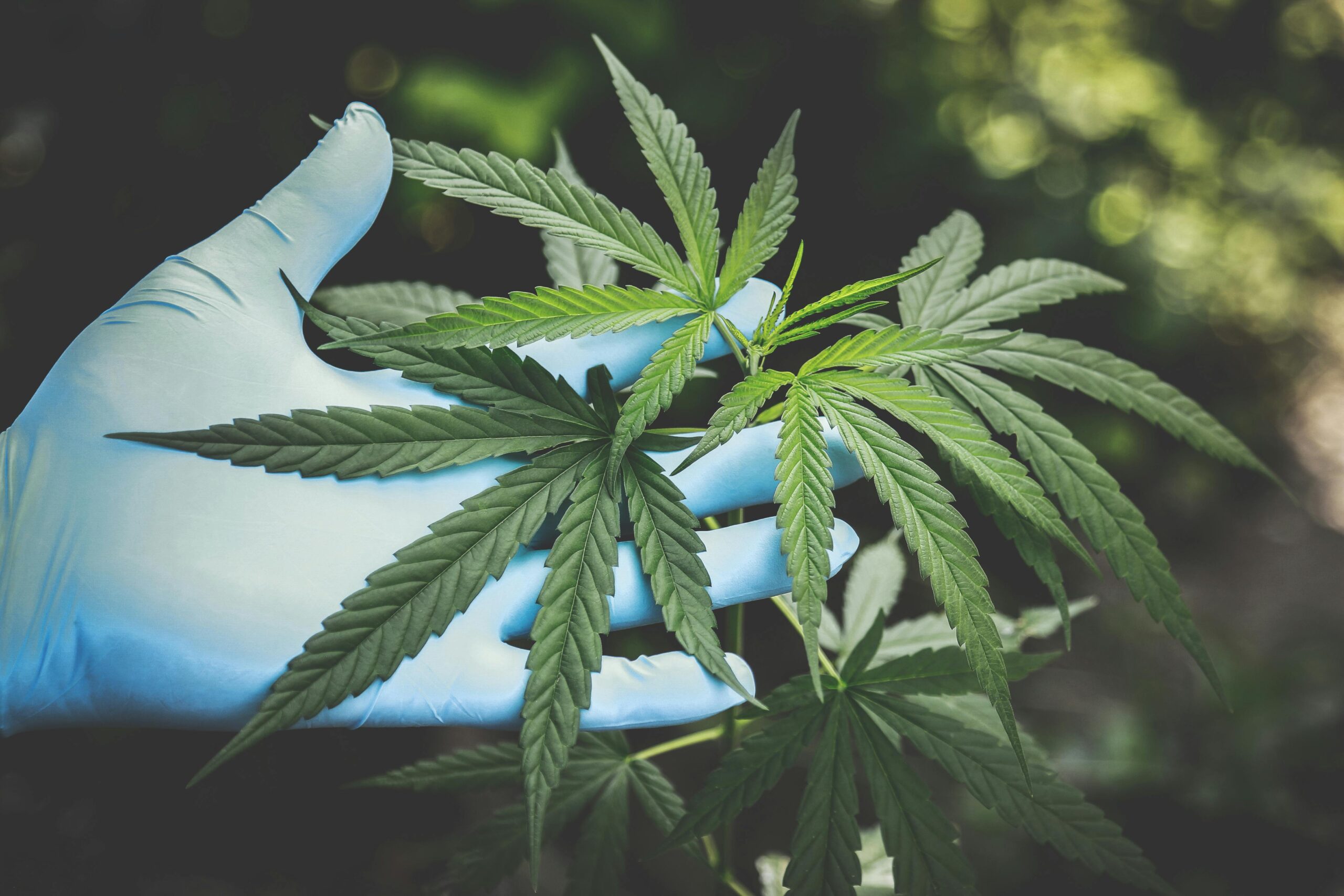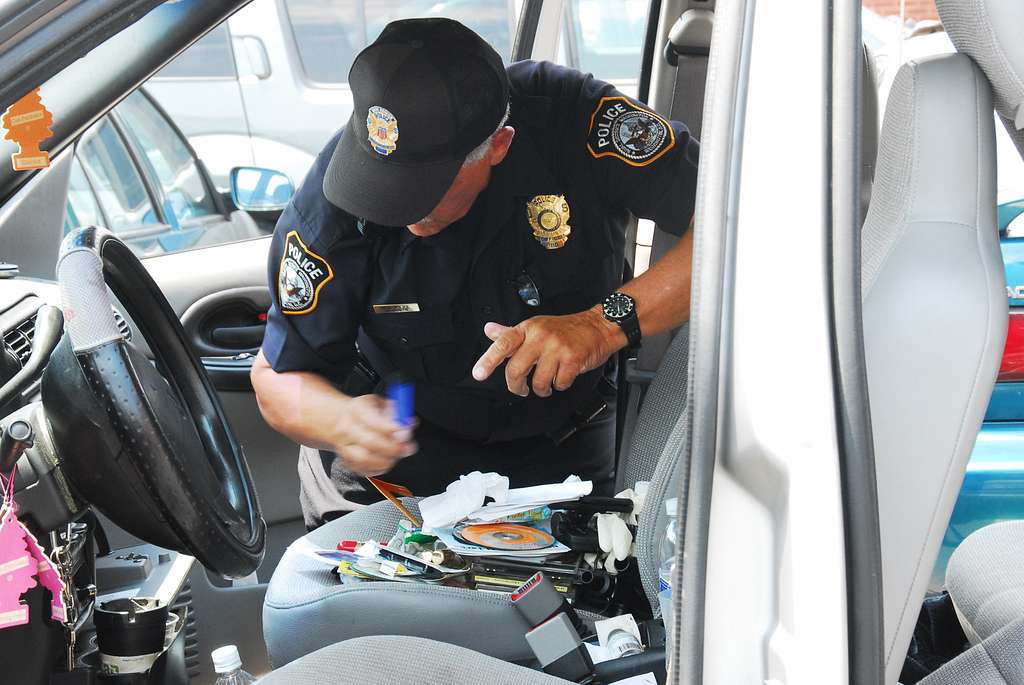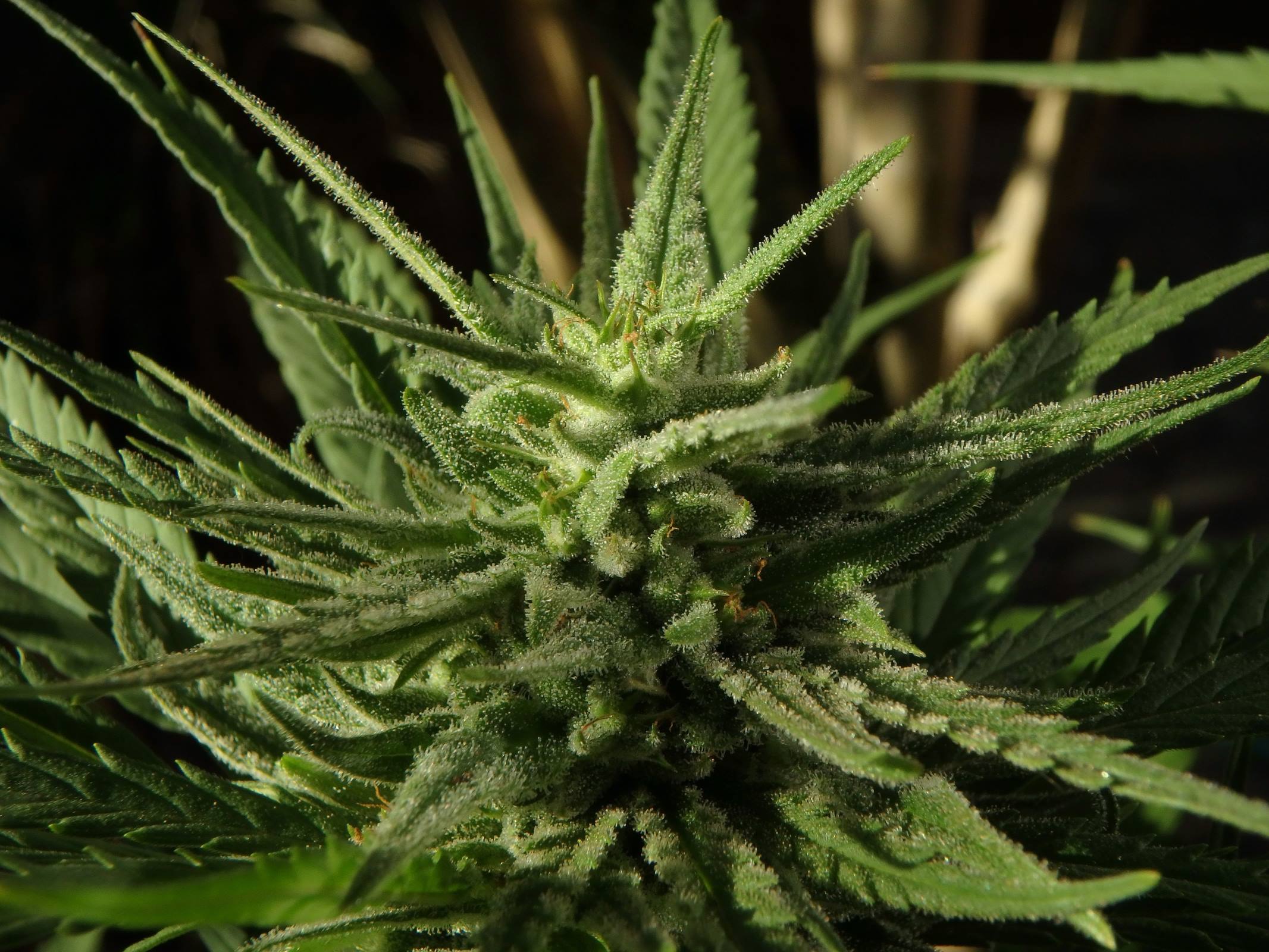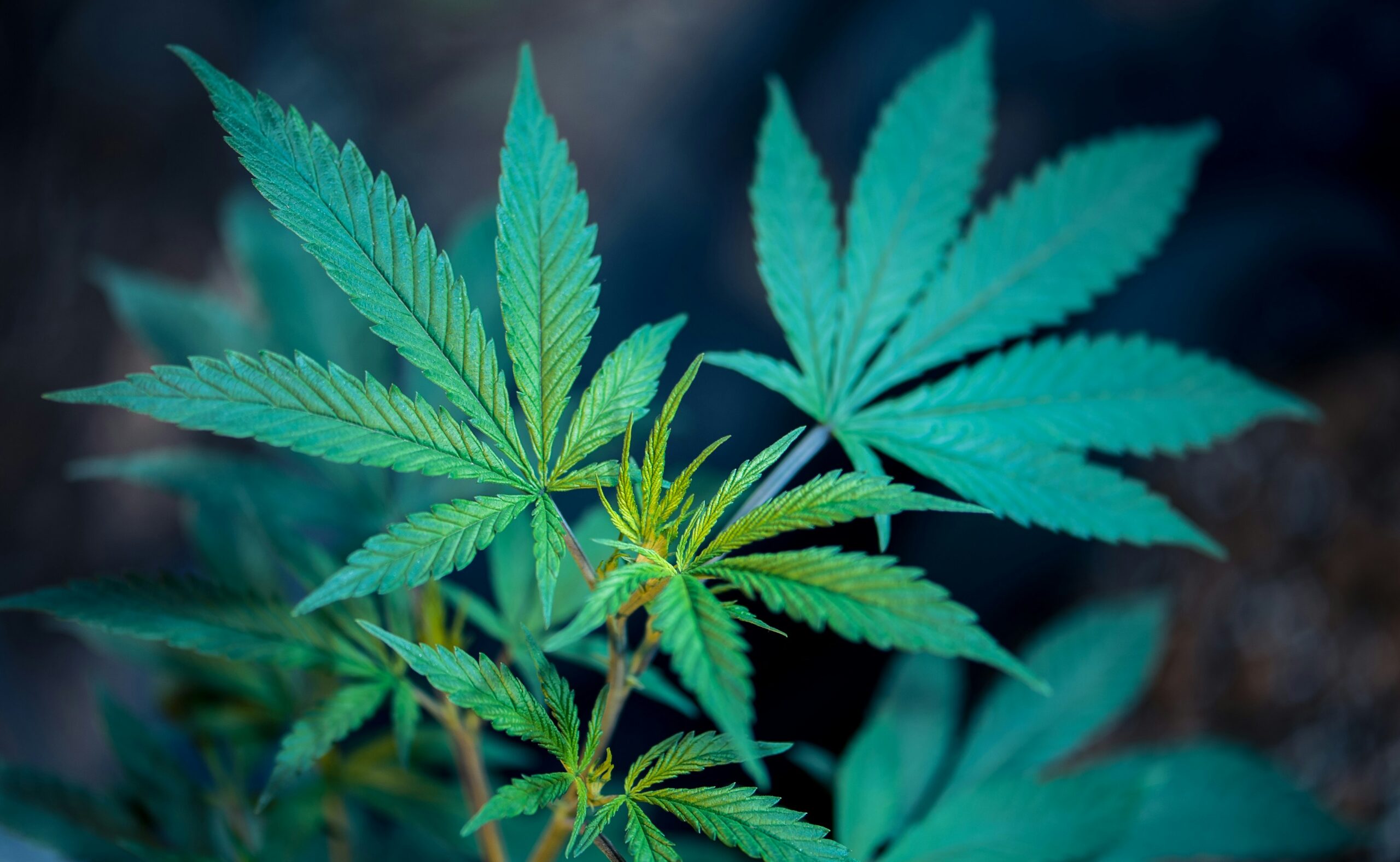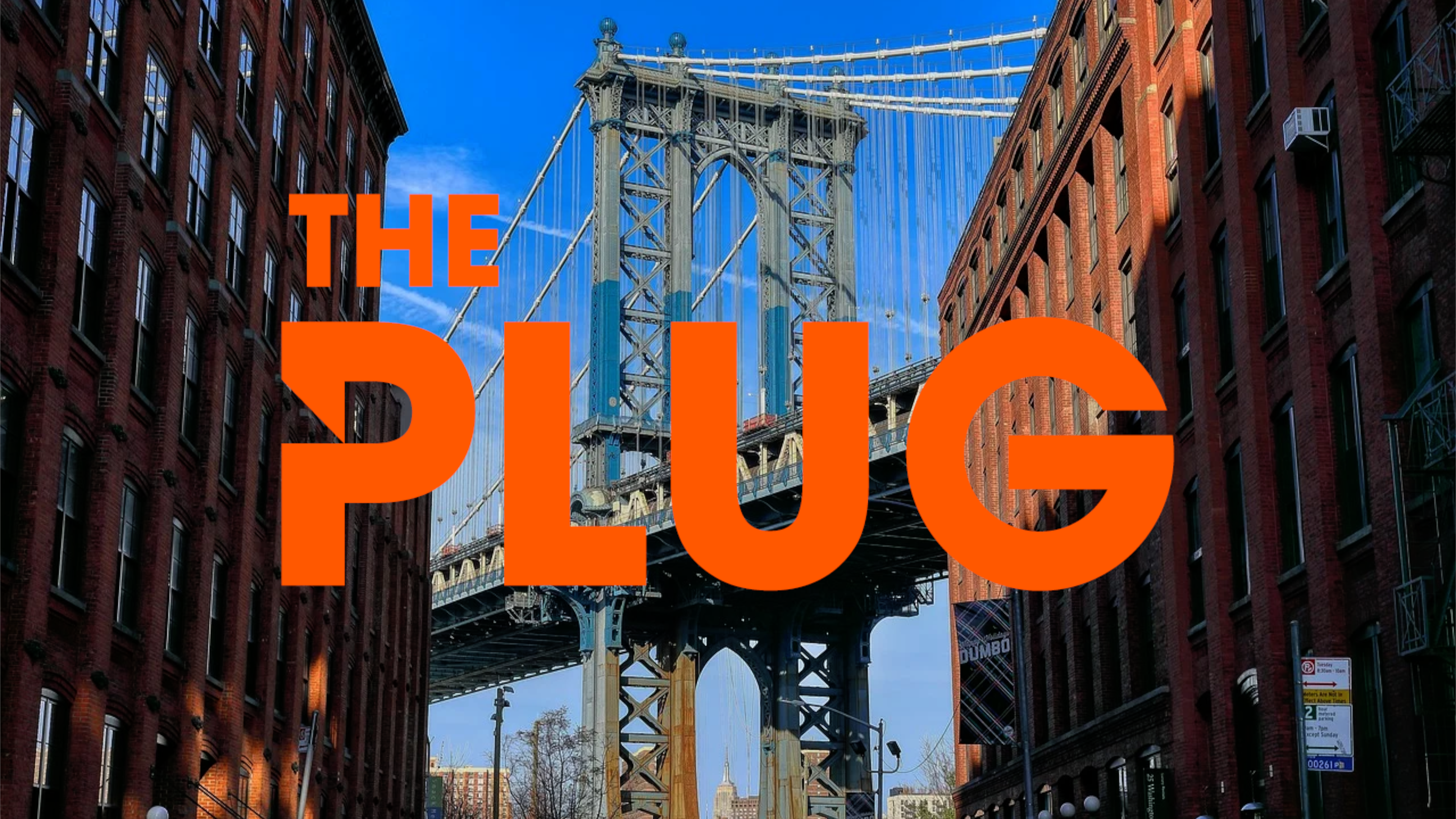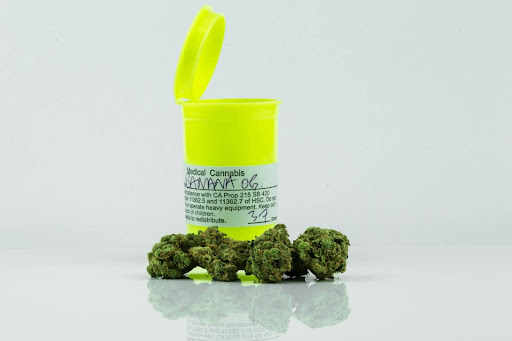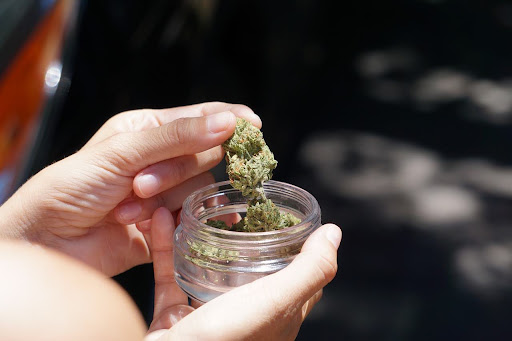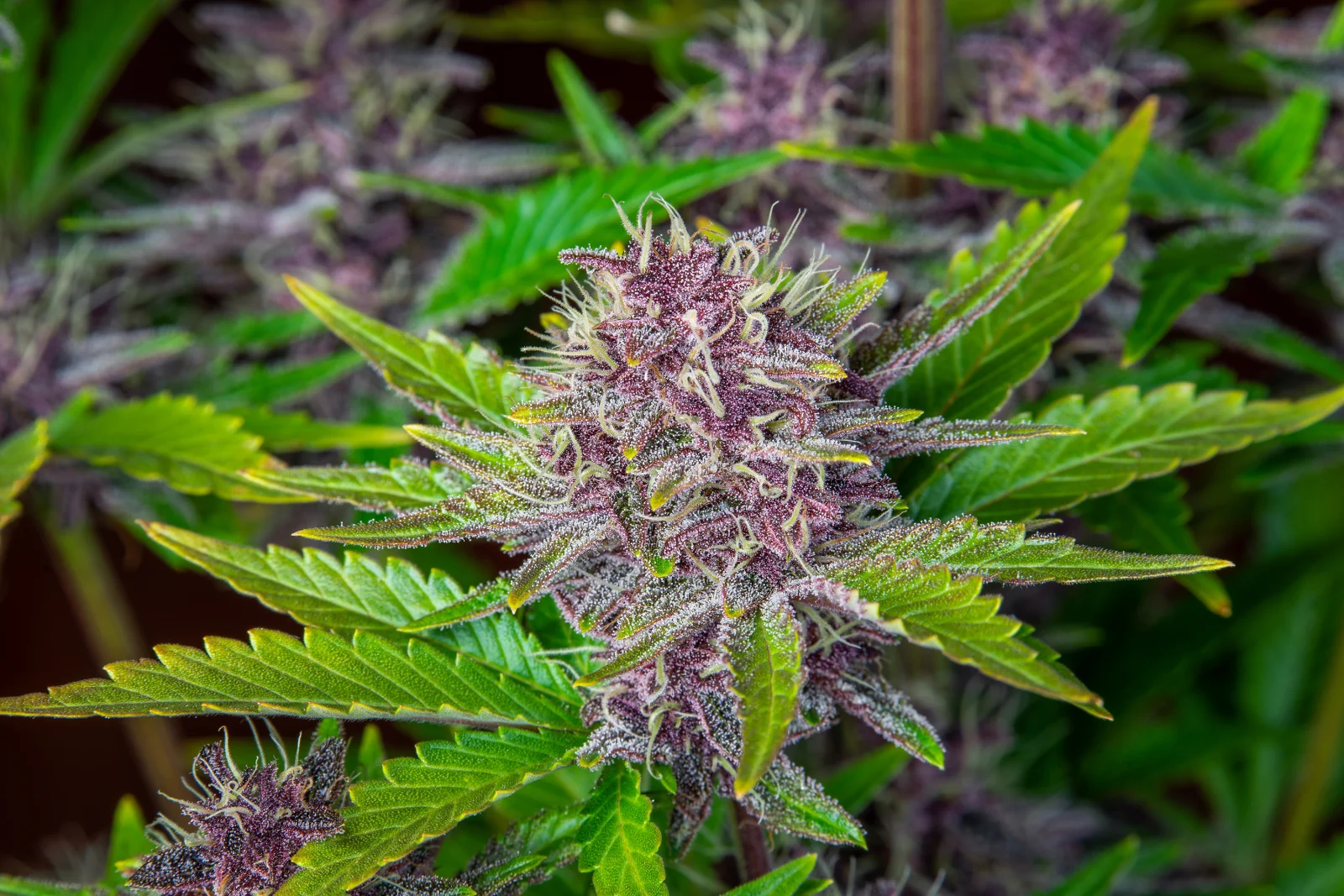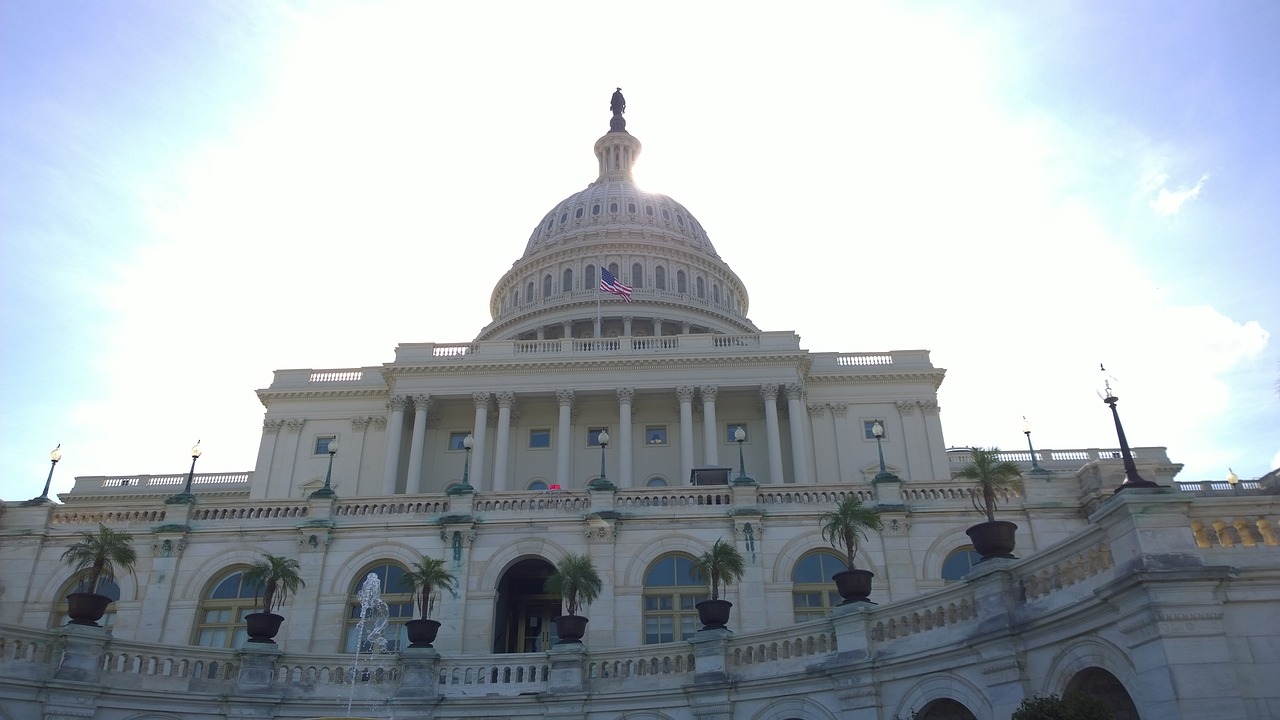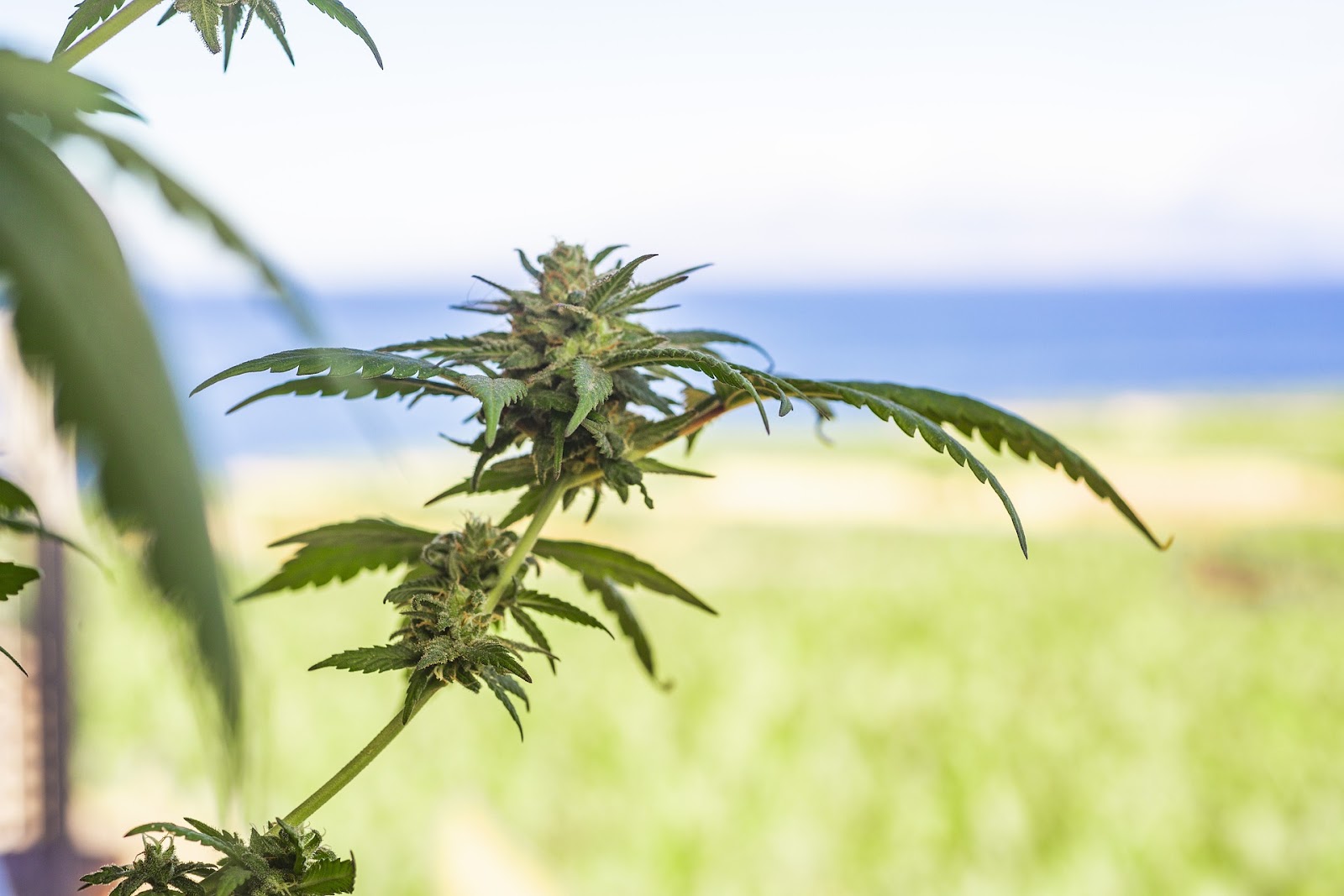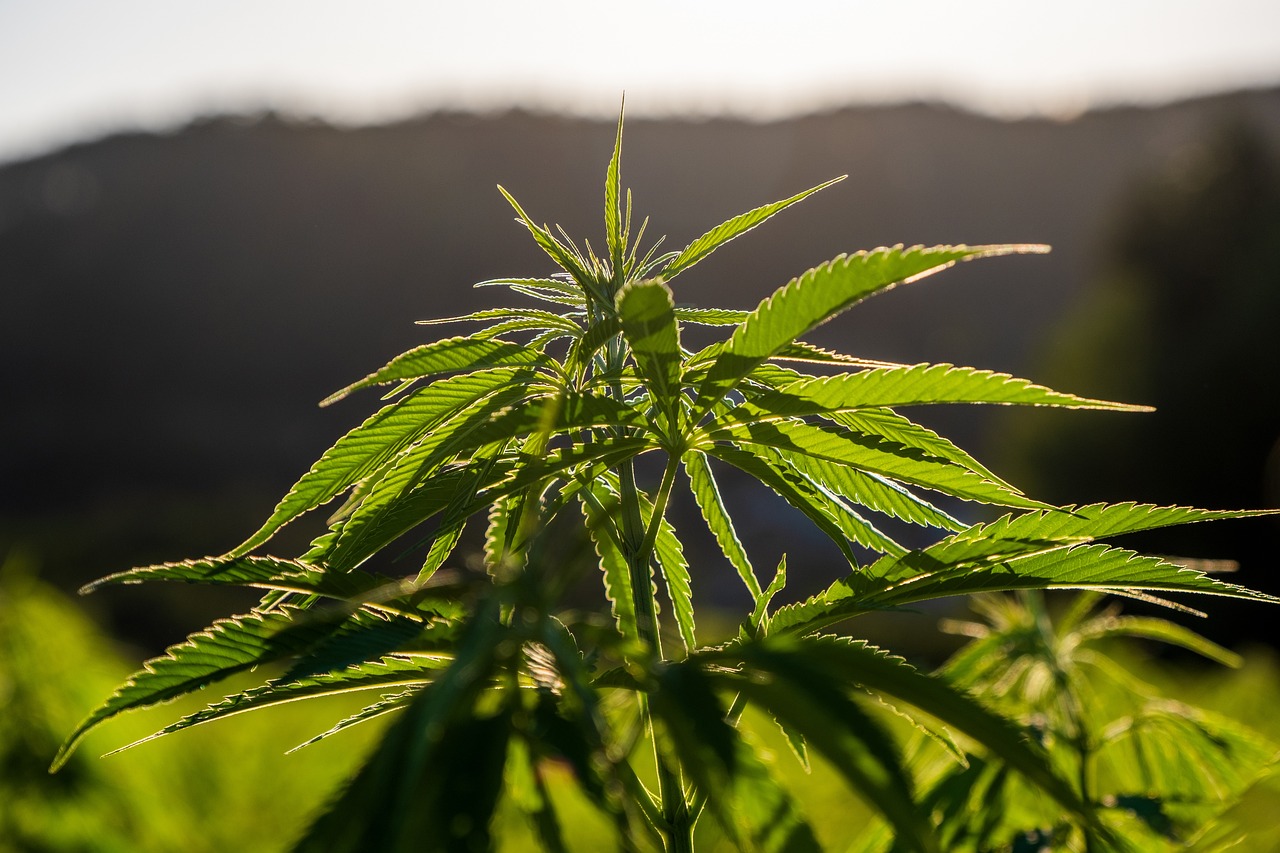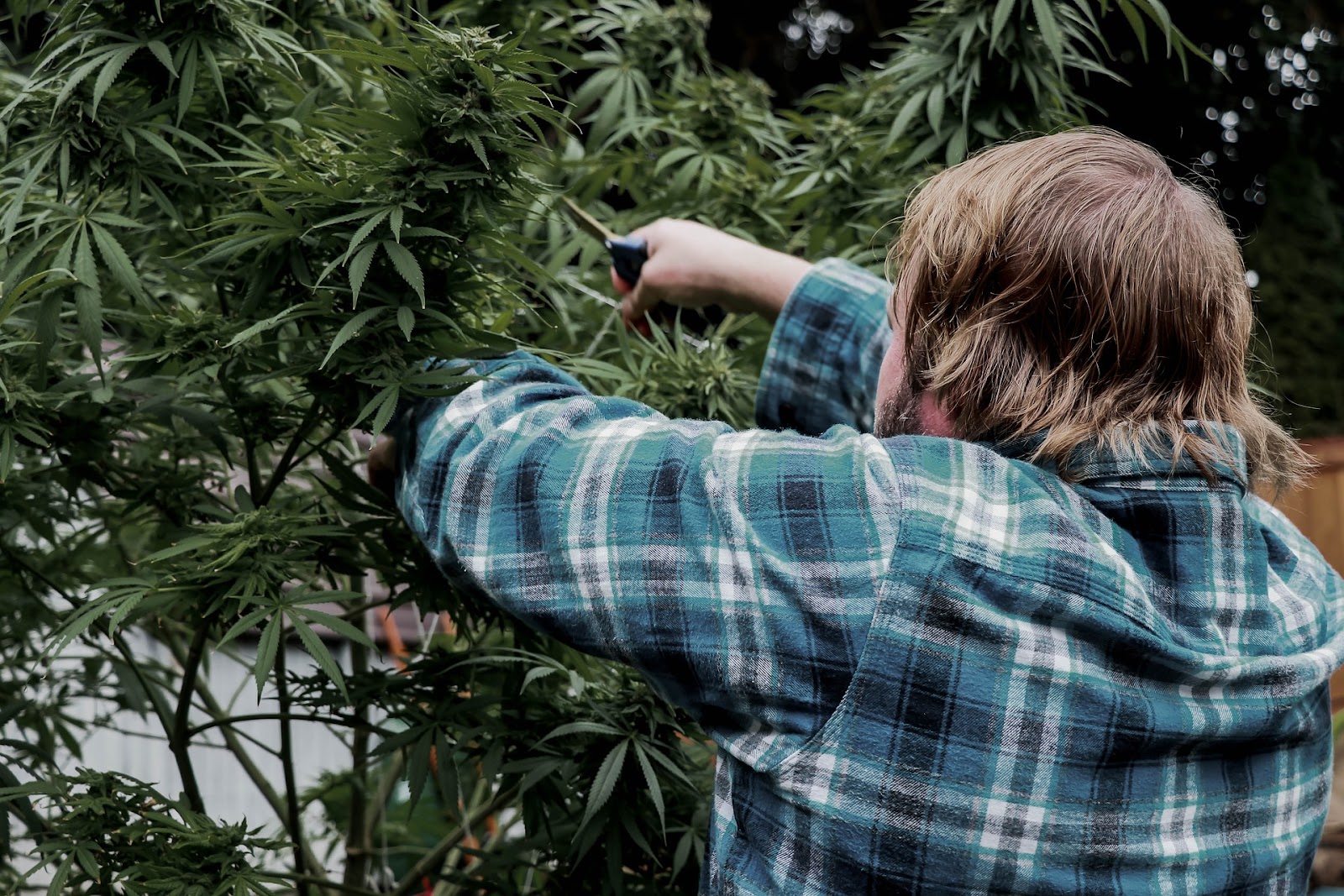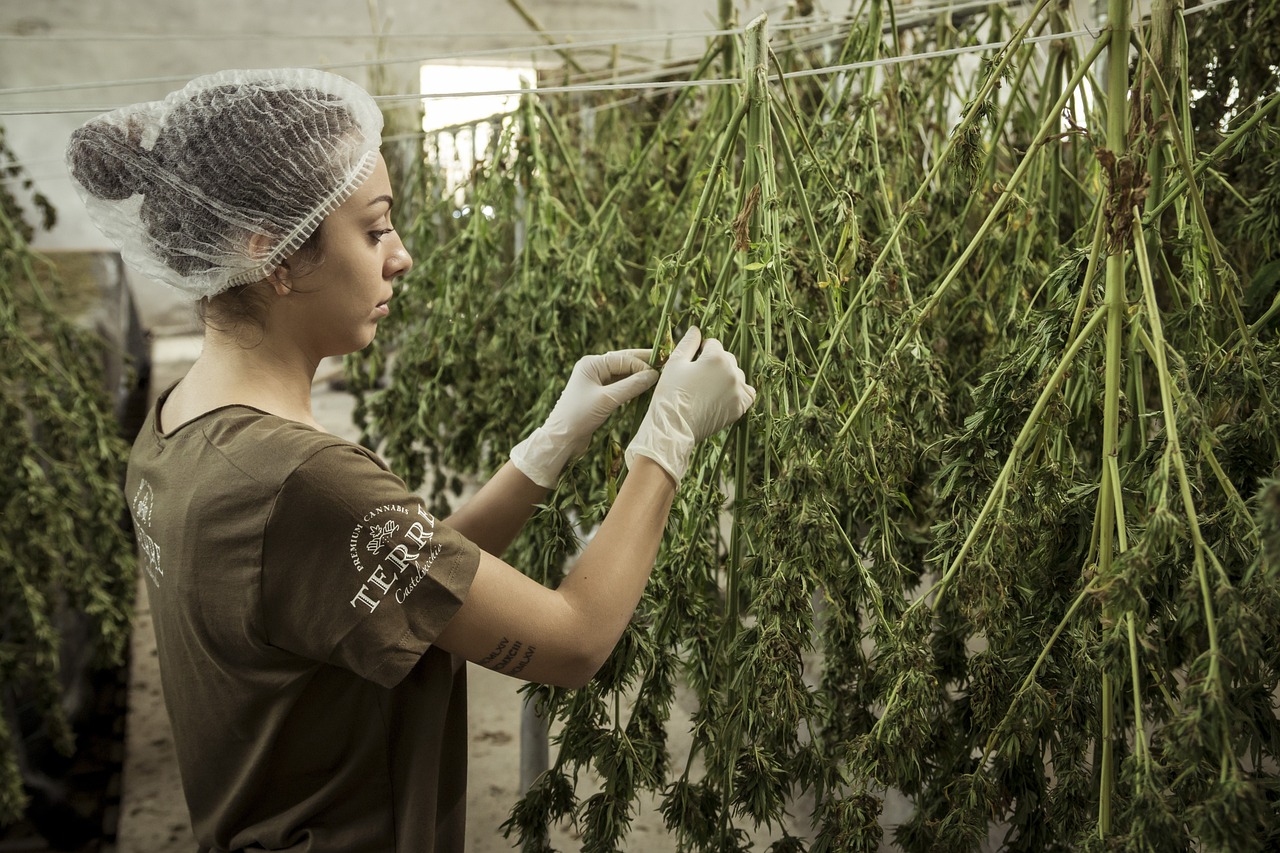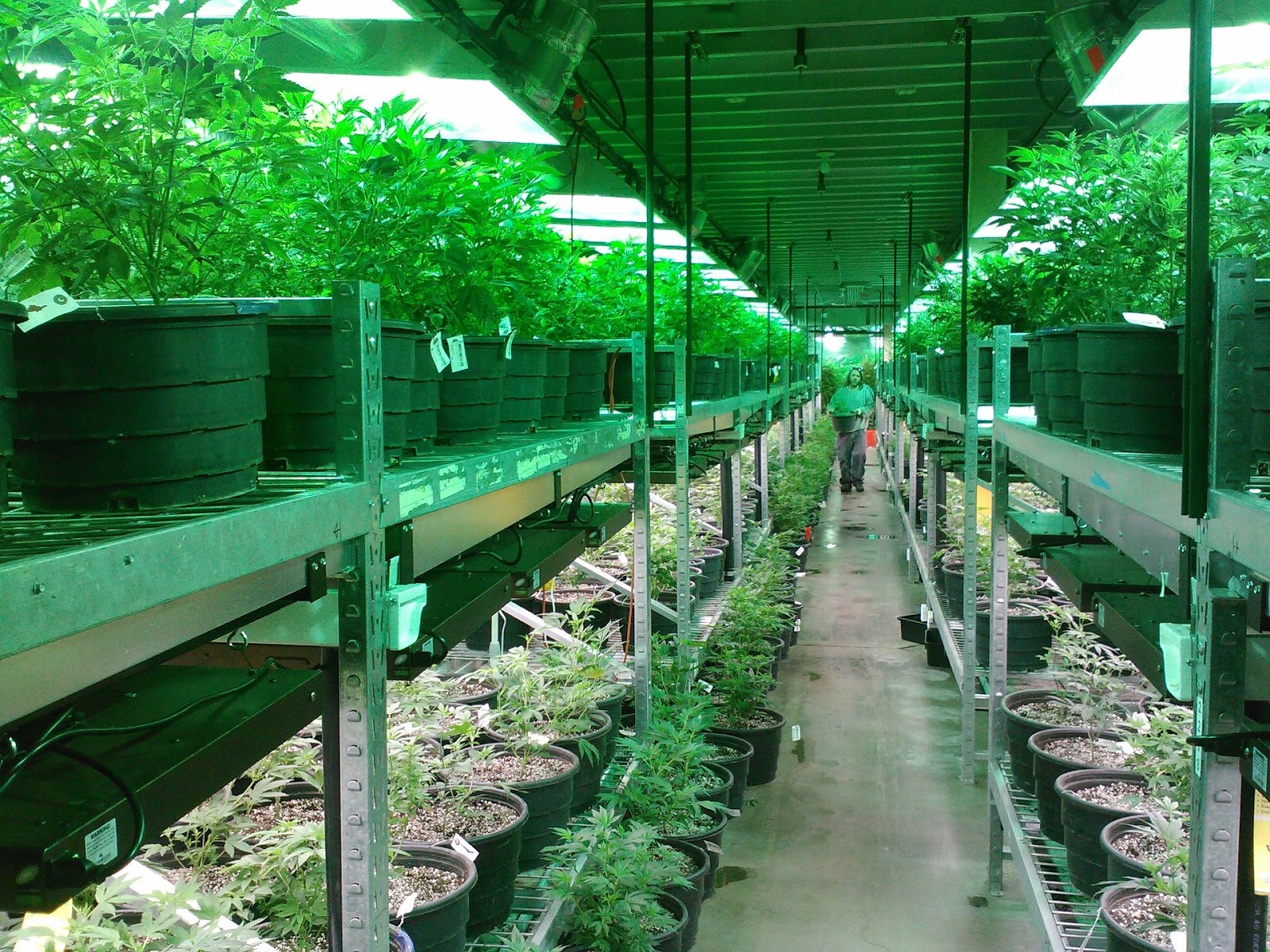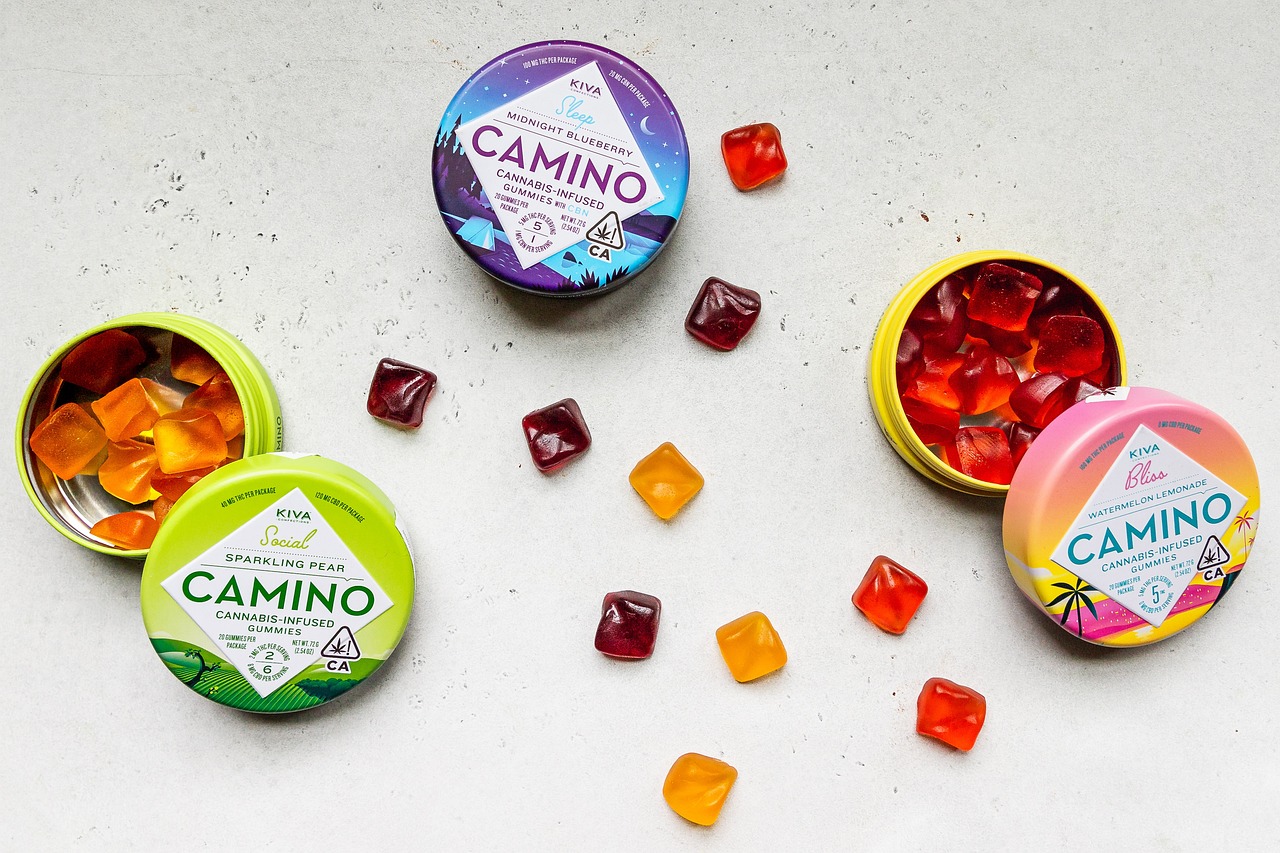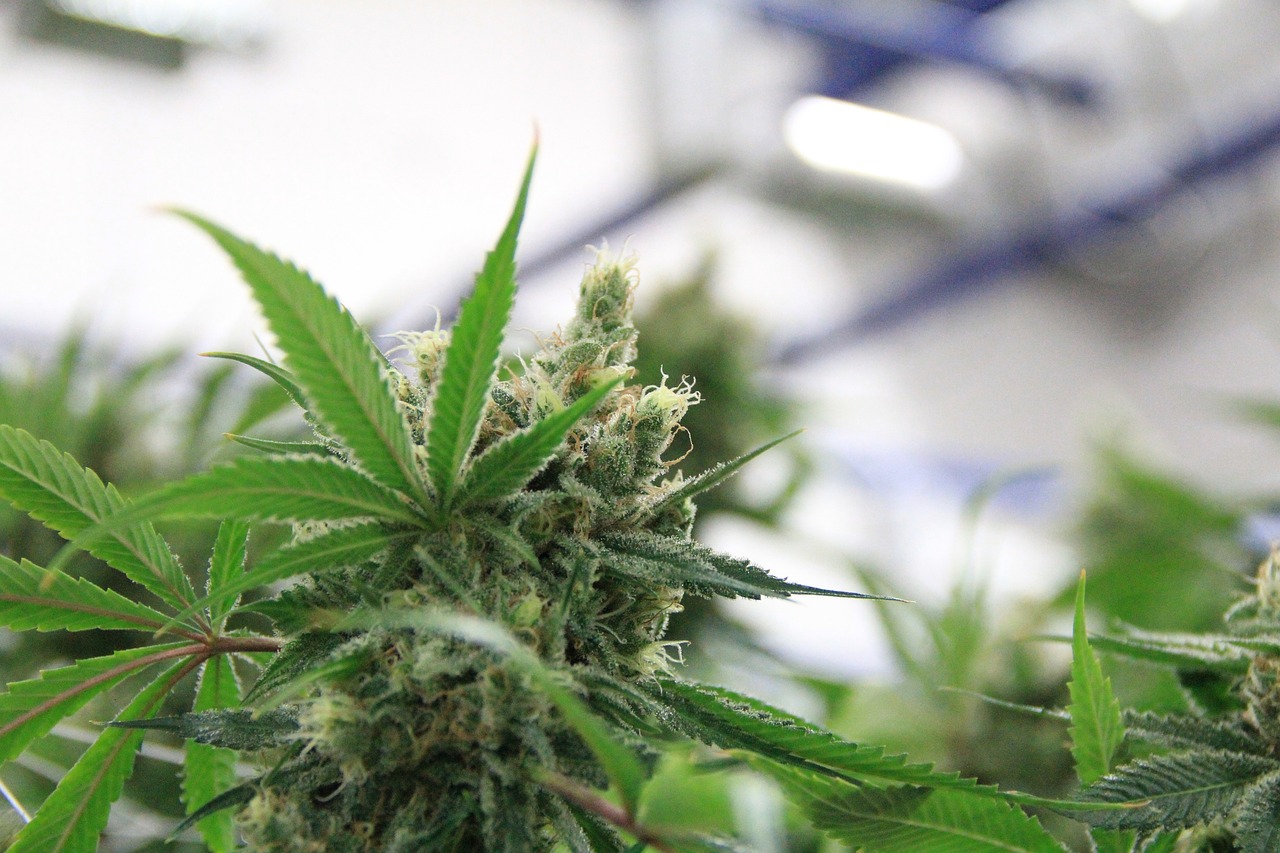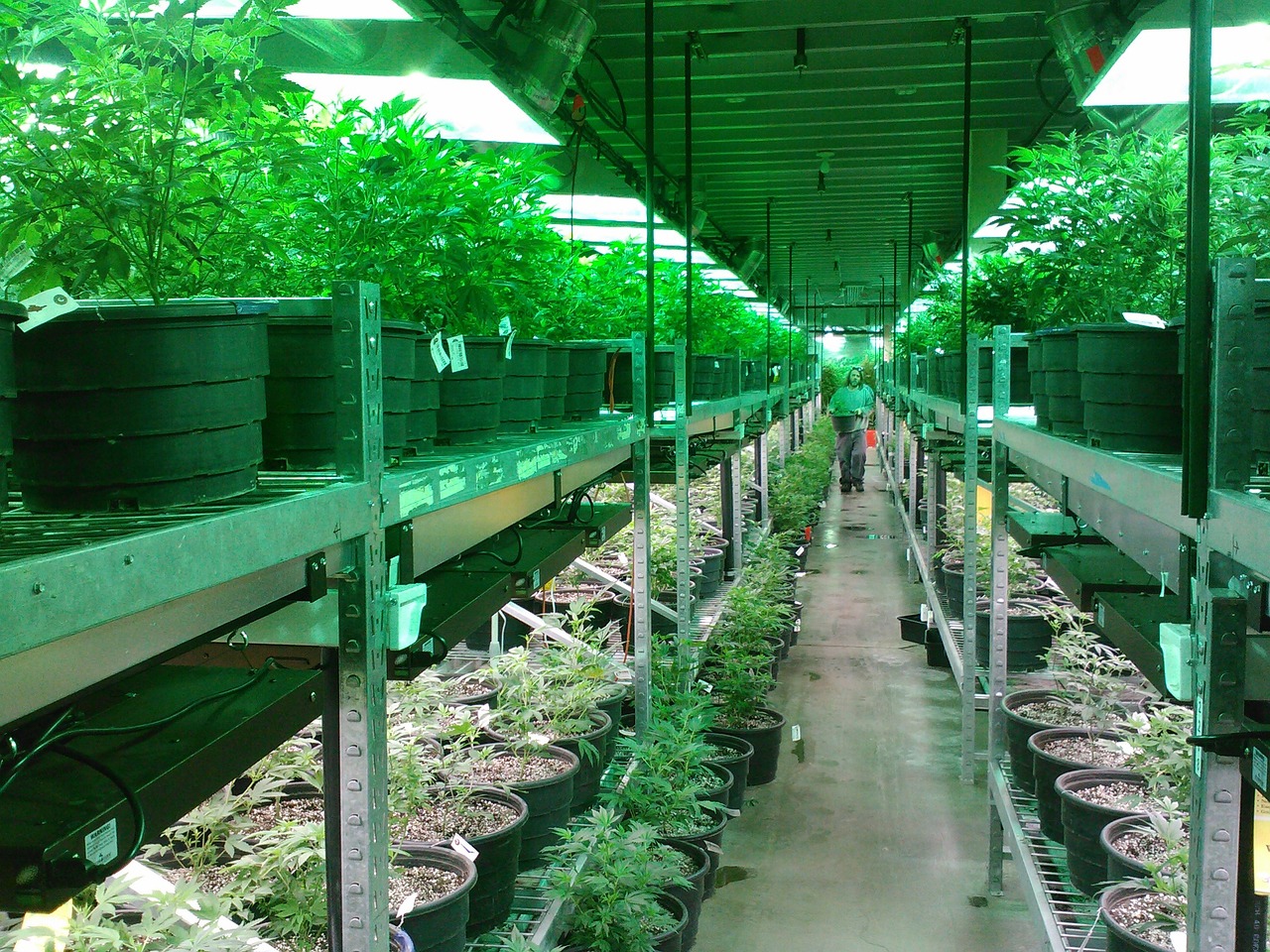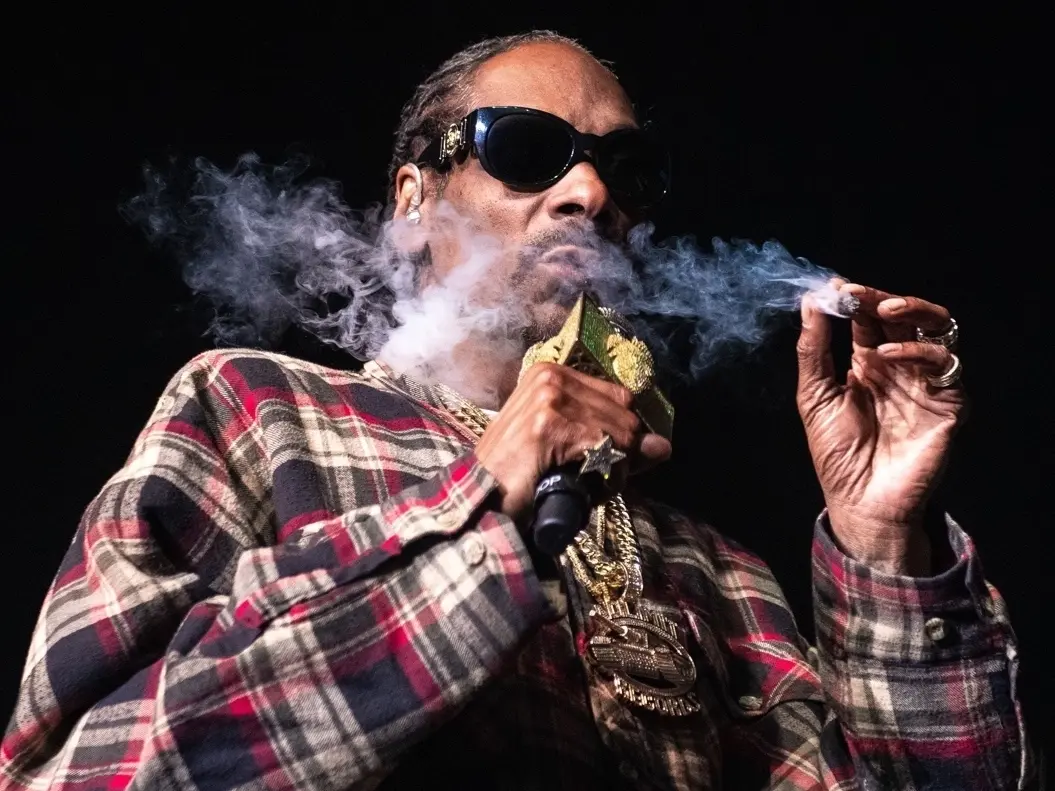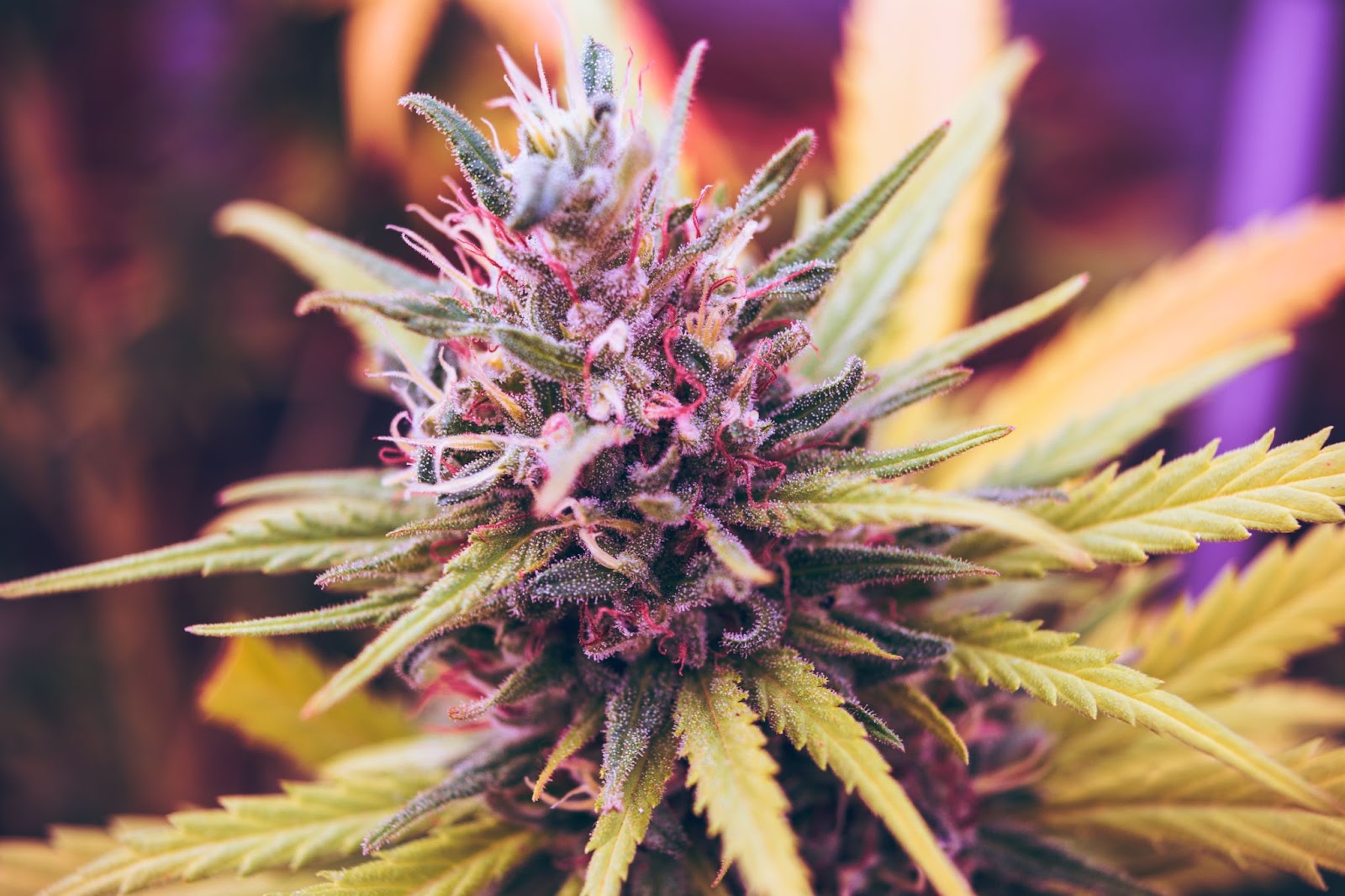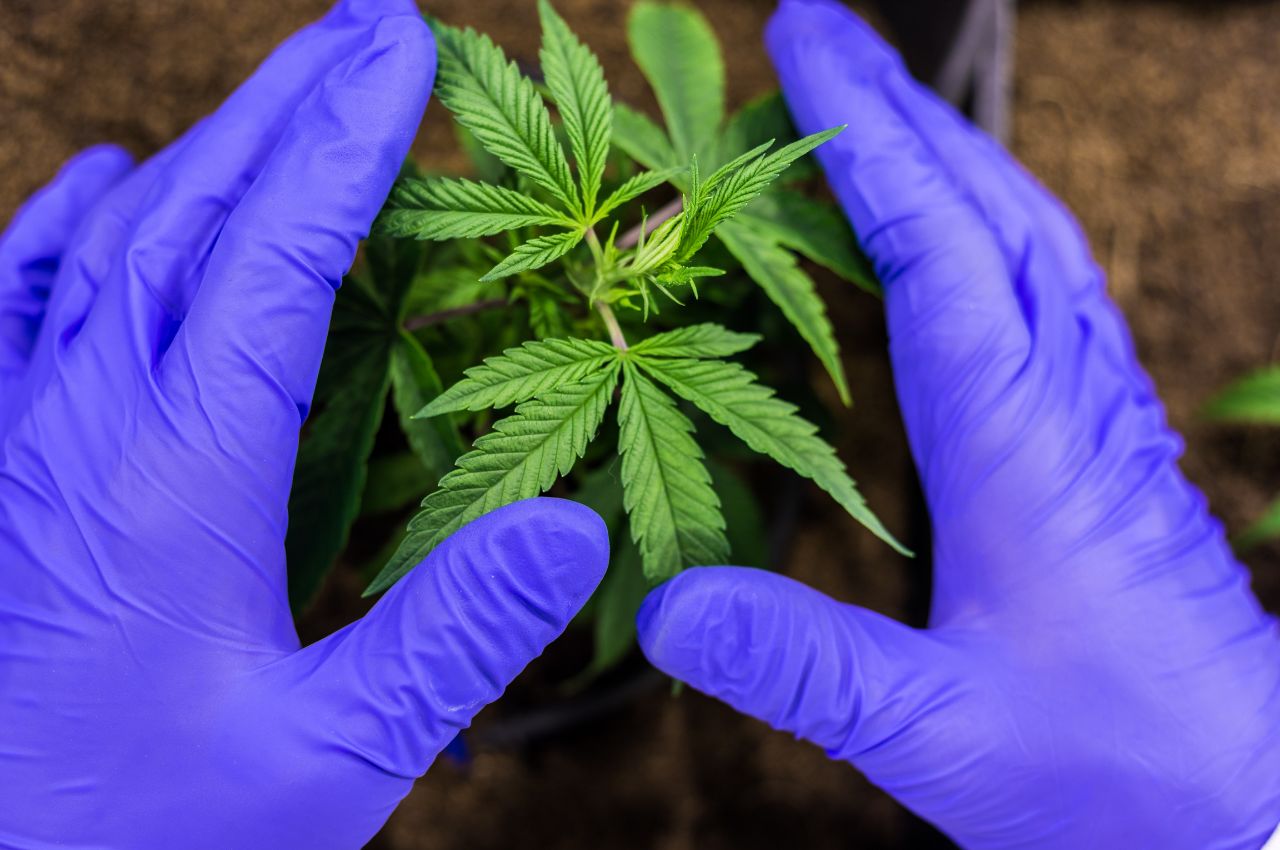U.S. District Judge Anne Nardacci ruled on Friday, February 2 that constitutional free-trade protections do not apply to federally illegal marijuana. The ruling put an end to a lawsuit filed in December by two California-based companies seeking to stop New York state from issuing more adult-use licenses.
The suit argued that the United States Constitution’s dormant commerce clause prohibits states from setting rules that favor state residents. This has become a familiar argument when it comes to cannabis. The suit was filed by Beverly Hills-based attorney Jeffrey Jensen, who has a personal stake in the outcome. Jensen owns 49% of Variscite NY Four and Variscite NY Five, the two companies involved in the suit. Two other individuals convicted of marijuana-related offenses in California own the remaining 51% of the companies.
While other federal courts have been split in their decisions regarding constitutional free-trade protections, Judge Nardacci was clear in her rejection of the argument. She dismissed the lawsuit, writing that “the balance of equities tips” in the favor of New York. Nardacci asserted that “significant harm” would be caused if the rollout of the state’s recreational marijuana program was delayed further by this or any other lawsuit.
“Congress exercised its Commerce Clause power to pass the (Controlled Substances Act) and thereby prohibited a national market for cannabis,” she wrote in her ruling. “Given that the national market for cannabis is illegal, it would make little sense to apply the dormant Commerce Clause to New York’s cannabis licensing scheme. Doing so would only encourage out-of-state participation in the New York cannabis market, which would be contrary to Congress’s exercise of Commerce Clause power in enacting the CSA.”
New York Attorney General Letitia James agreed with Nardacci’s decision, saying in a statement to the Associated Press, “This is an important victory in our efforts to ensure that disproportionately impacted communities are given their fair share in the legal cannabis industry.”
Despite being technically legalized for adult use in 2021, the rollout of recreational marijuana dispensaries in New York City has been an uphill battle. This was only the latest in a series of lawsuits freezing the state’s adult-use program. Two other lawsuits—one from another group of out-of-state marijuana retailers and another from a group of veterans claiming discrimination—were settled last November. Nardacci’s recent ruling marks an attempt to move the program forward and discourage other lawsuits. However, there are still several pending suits that have yet to be resolved, including one filed by a group of white men alleging racial discrimination.
All of these suits stem from the state’s choice in selecting who to present with licenses to sell marijuana. There are currently only nine legal dispensaries operating in New York City, despite the city’s population of nearly 8.5 million. Other states on the East Coast that have legalized marijuana successfully have seen enormous gains in tax revenue. Maryland saw more than $12 million in tax revenue from adult-use marijuana during the first three months of legalization alone. With New York’s dense population, the potential revenue for the state is undeniable, were it not continuously stalled by lawsuits.
